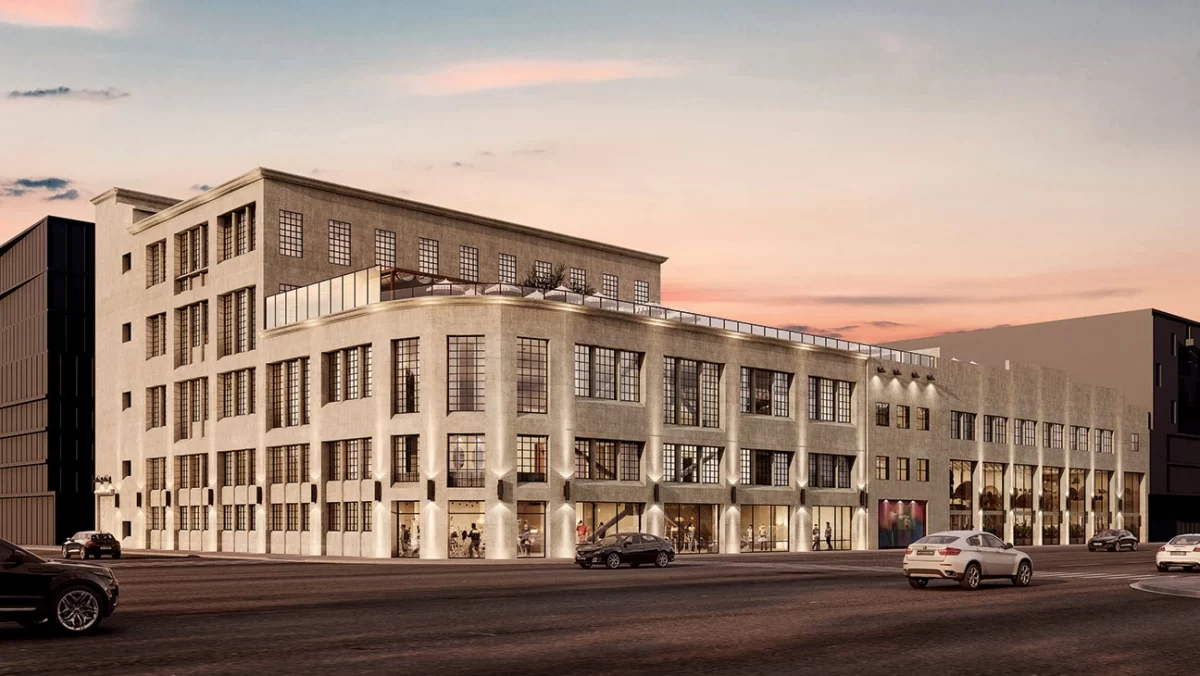As major cities continue to modernize, the luxury industry has migrated from selling apparel and accessories to selling experiences. Through increased investor interest in luxury real estate offerings, new brands representing healthier, more bourgeois lifestyles have prevailed. One such offering, Erewhon, features local produce and products in a cafe-style atmosphere. The first location was acquired in 2011 by the Antoci family in an effort to revitalize the upscale grocery store space. Now, with their recent expansion of their 10th store in Pasadena, they’ve become a staple of Los Angeles “culture”. Though they do offer reasonably priced hot food and specialty items, they’re at the forefront of social media rants and jokes targeted towards their clientele and brand because of their few abnormally highly-priced bottled drinks and celebrity-named $20 smoothies. But Erewhon’s success can be seen as a response to changing consumer aspirations, where many are less worried about materialistic possessions and instead seek unique and exclusive experiences to back, and in some cases validate their lifestyles.
Luxury institutions aren’t a new phenomenon by any means. Previously, aristocrats frequented social clubs like the Union Club, the Yale Club, and the Groucho Club in New York and London. Trying to replicate the trend of purchasable exclusivity, new companies like Soho House, Casa Cipriani, and Zero Bond have taken the social club space by storm. Through their open applications and more inexpensive membership fees, they’ve become a necessity for any aspiring socialite. Looking specifically at Soho House, the group operates over 40 clubhouses across the world, all available for only a few thousand dollars a year. Each house offers its own amenities such as restaurants, coworking spaces, and hotel rooms styled around its location. Is Soho House’s success found in its accessibility or its status? These luxury establishments show that general society values prestige more than anything—and will pay thousands to prove that they fit in.
Along with everything health and wellness, fitness has been an area of major change. If it isn’t already clear, the modern age holds health in a much different light than the Romans; it is now a symbol of opulence to stay fit and eat organic. Possibly the best example of the absurdity of fitness is Dogpound, a personal training gym with two locations in Los Angeles and New York. Featuring a $36,000 yearly membership, the gym is home to Victoria’s Secret models, A-list actors, and musicians (including one on a one-billion-dollar grossing tour). Other fitness offerings are beginning to incorporate the aspect of social clubs. The same group behind Gold’s Gym and John Reed launched the first location of HEIMAT in Los Angeles in 2022. The gym offers more of a social atmosphere to its members through a combination of co-working space, pool space, and an integrated restaurant. Overall, the aggressive push across industries towards opening new social spaces is clearly indicative of a reinvention of luxury in the modern age. It is only a matter of time before these clubs are brought to another level, combining aspects of hospitality, exclusivity, and full-service wellness.
More accessible luxury isn’t necessarily bad, but widens the class divide and traps the financially illiterate by selling the mirage of self-improvement. Though these new luxury offerings are solid, with Erewhon having the best buffalo cauliflower in the world, they are admittedly premium based on their brand name. Companies like Heimat and Soho House are perfect for those who care to invest more money in healthier foods and a more “high-class” life, but given their price, they can only be justified simply as social institutions masquerading by selling the idea of a more fulfilling lifestyle.








